
Eka Khorbaladze, Research Associate, Ng Teng Fong · Sino Group Belt and Road Research Institute
Oct 22, 2025
Underneath the public press jabs that go on between East and West, the realm of resource competition is reshaping the relationships between Europe, China, and Russia as states move to secure immediate needs of oil and other resources.
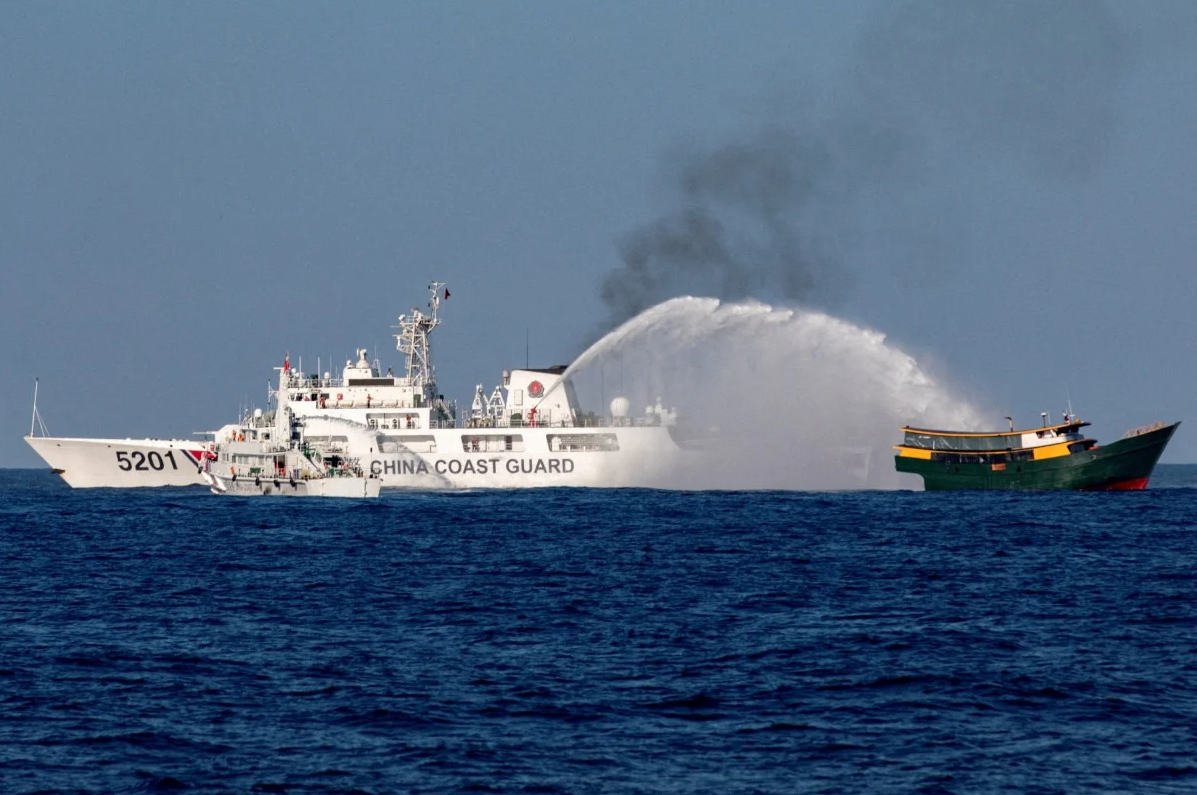
Lucio Blanco Pitlo III, President of Philippine Association for Chinese Studies, and Research Fellow at Asia-Pacific Pathways to Progress Foundation
Oct 17, 2025
The Philippines is strengthening defense ties with the United States at a time of escalating US-China rivalry. Manila aims to mitigate power asymmetry, while China’s response to its maritime neighbor reflects a deep distrust of alliances and wary of invaders which came by sea.

Sajjad Ashraf, Former Adjunct Professor, National University of Singapore
Oct 17, 2025
China’s new rare-earth export controls have turned its dominance in the sector into a powerful strategic tool, extending restrictions to technology, equipment, and expertise that tighten global dependence. The move has intensified tensions with the United States and its allies, highlighting how control over critical minerals now defines the balance of economic and geopolitical power.

Sujit Kumar Datta, Former Chairman of Department of International Relations, University of Chittagong, Bangladesh
Oct 10, 2025
America’s Afghan pullout was a strategic debacle. Going back to Bagram Air Base would only sink the U.S. into another costly, divisive and failure-prone intervention in a geo-economic war at the center of Asia.
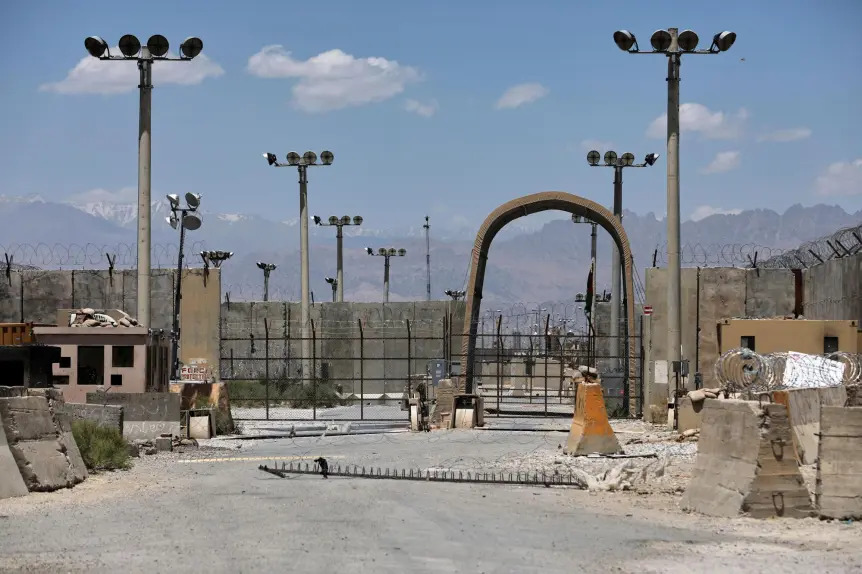
Zhang Zhixin, Research Professor of Institute of American Studies, CICIR
Oct 02, 2025
Donald Trump is threatening to retake Bagram Air Base to gain access to Afghanistan’s rich mineral deposits and to check China and other countries. It’s a costly fantasy. Trump himself signed the 2020 Doha Accord, and his about-face reveals a foreign policy driven by political revenge.

Brian Wong, Assistant Professor in Philosophy and Fellow at Centre on Contemporary China and the World, HKU and Rhodes Scholar
Sep 30, 2025
Indonesia, born from its 1945 struggle for independence, has grown into Southeast Asia’s largest economy and a significant global player, yet remains under-discussed in high-level political discourse. Despite ongoing challenges, China and Indonesia specifically have significant potential for cooperation in trade and technology.
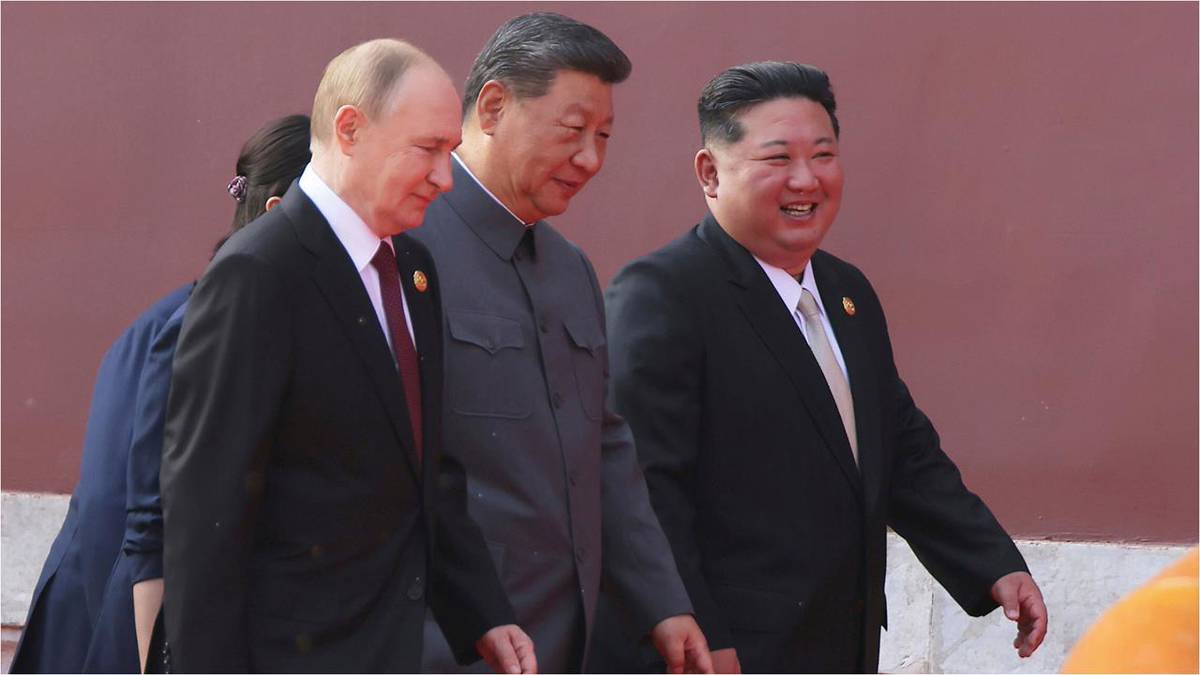
An Gang, Adjunct Fellow, Center for International Security and Strategy, Tsinghua University
Sep 30, 2025
The military parade in Beijing on Sept. 3 and the SCO summit in Tianjin elicited a profound psychological response in the United States and other Western countries. Debates over China’s strategic ascent and the prospect of a continental alignment have intensified.
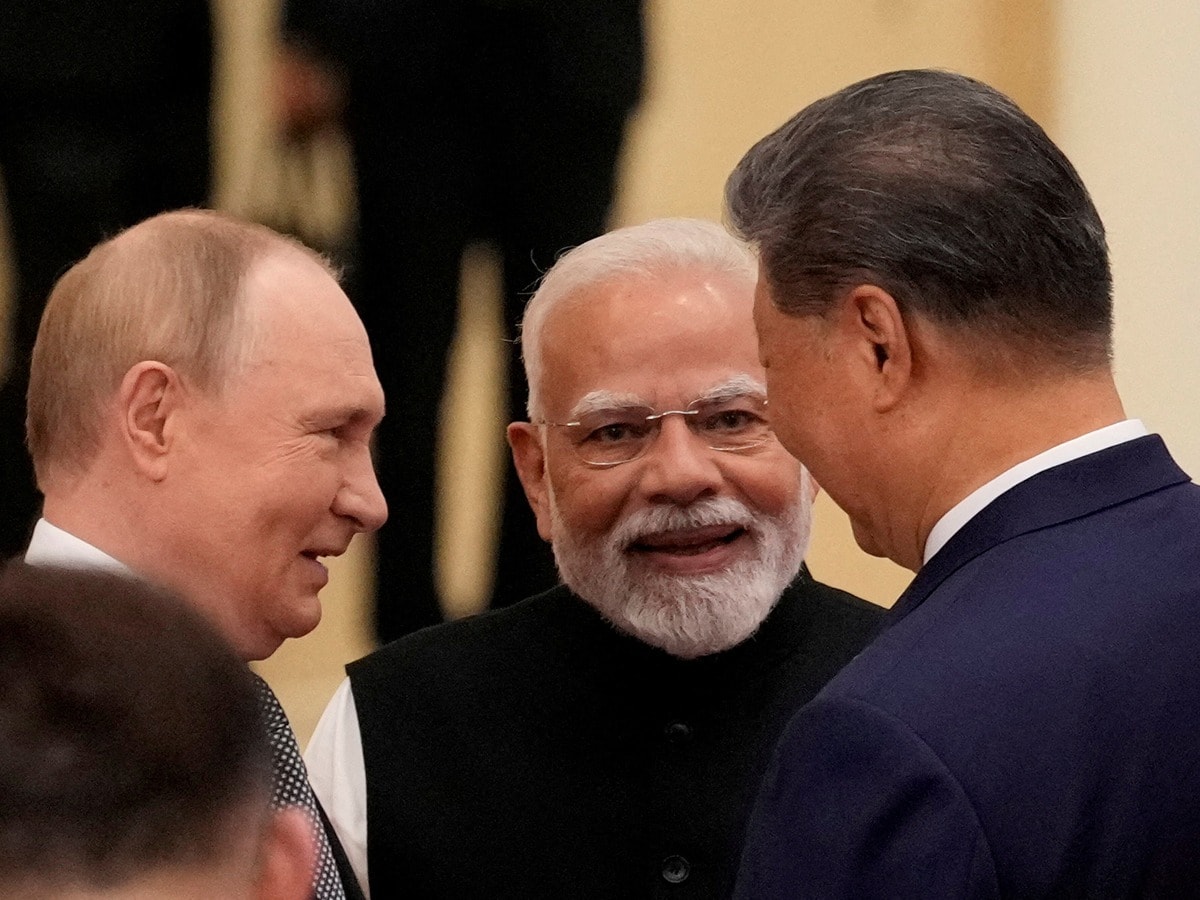
Leonardo Dinic, Expert in Geopolitics and International Business, the Future of Work, and Emerging Technologies
Sep 25, 2025
China and India are cautiously rebuilding ties after years of mistrust, with renewed border talks, restored flights, and revived trade, a shift accelerated by Trump’s steep tariffs on Indian goods. Instead of isolating Moscow’s partners, Washington’s selective approach appears to be driving the two Asian rivals closer together.
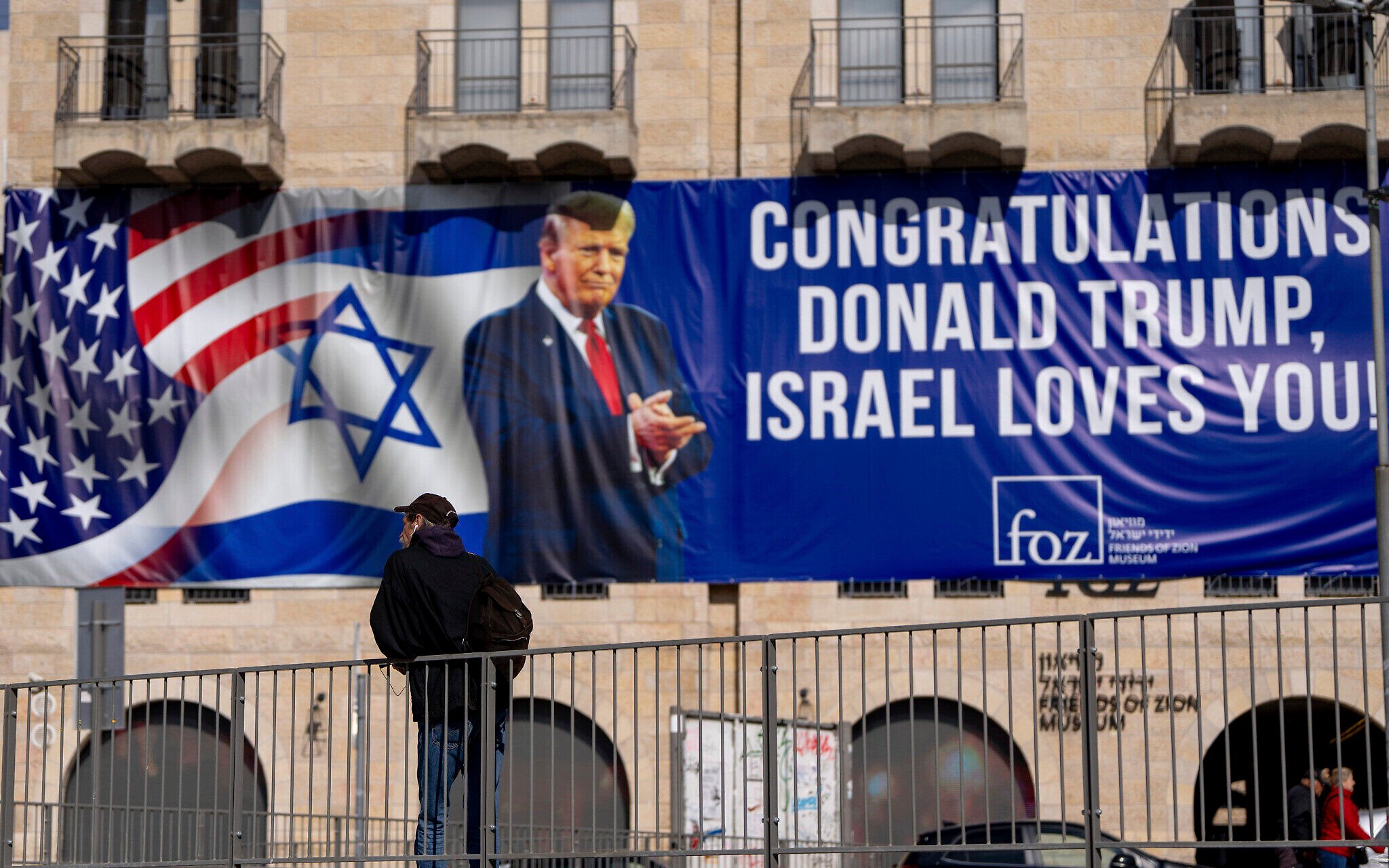
Niu Xinchun, Professor, China-Arab Research Institute, Ningxia University
Sep 25, 2025
Amid the broader context of its strategic retrenchment in the Middle East, Washington aims to preserve its influence without committing substantial resources, something that requires deft skills — something that Donald Trump lacks.
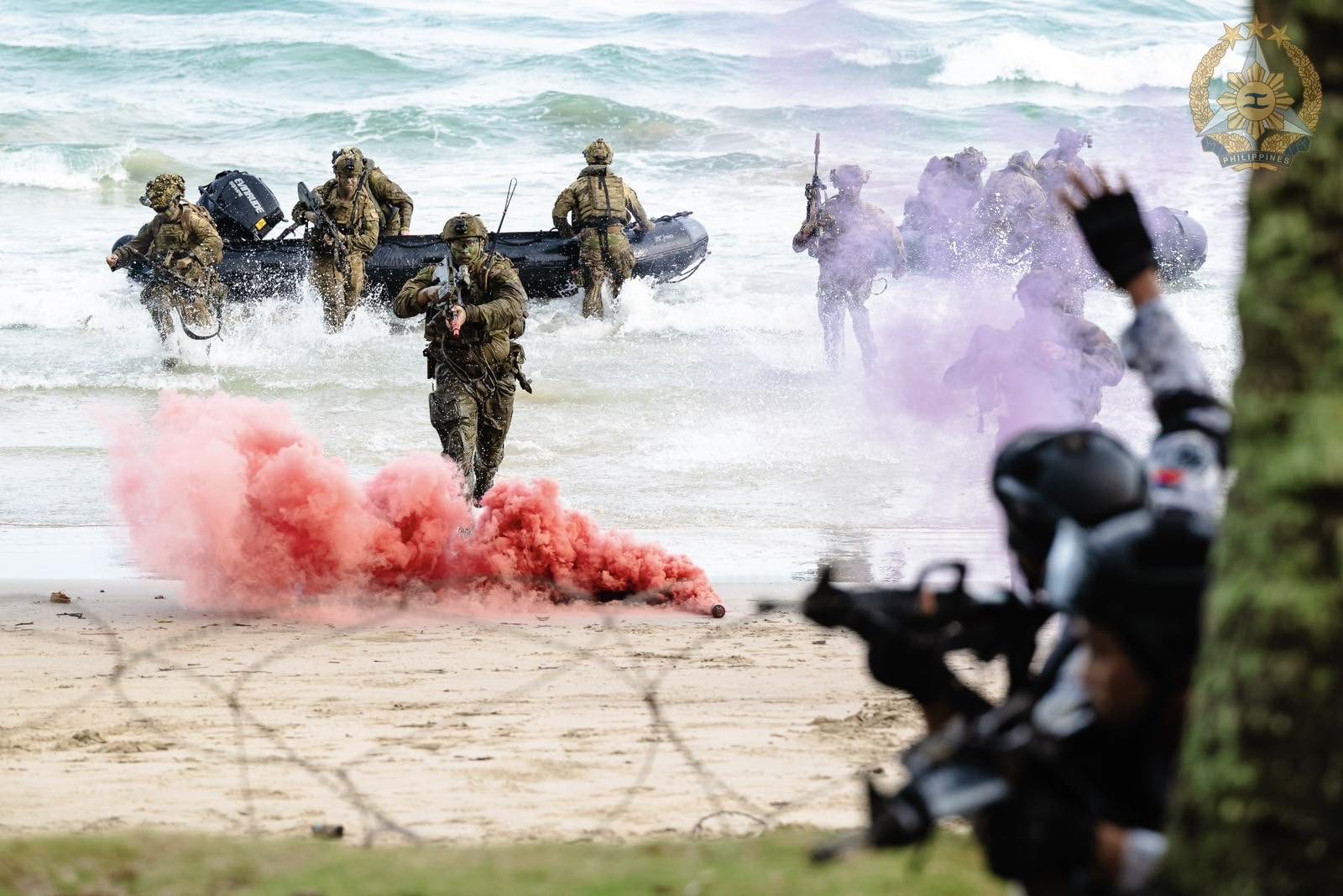
Richard Javad Heydarian, Professorial Chairholder in Geopolitics, Polytechnic University of the Philippines
Sep 19, 2025
The Philippines is significantly upgrading defense ties with Australia and other Western partners amid growing tensions with China in the South China Sea, underscored by large joint exercises and plans for expanded troop access. Yet despite China’s overwhelming military advantage, both Manila and Beijing share responsibility to de-escalate tensions and pursue diplomatic solutions, especially as the Philippines prepares to chair ASEAN next year.
Back to Top

- China-US Focus builds trust and understanding between the U.S. and China through open dialogue among thought leaders.
- Our Offerings
- Topics
- Videos
- Podcasts
- Columnists
- Research Reports
- Focus Digest
- Stay Connected
-
Thanks for signing up!
- Get the latest stories from China-US Focus weekly.